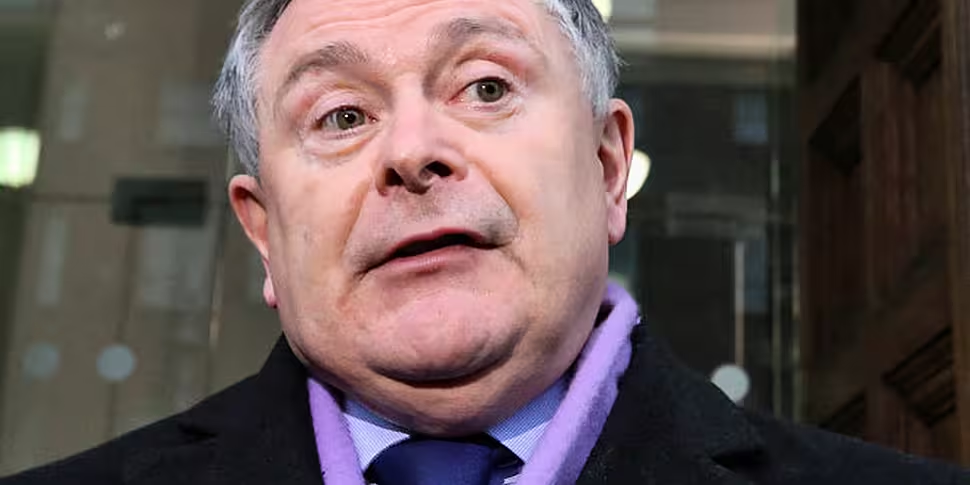Minister for Public Expenditure Brendan Howlin has rubber stamped an order which will give the go-ahead for pay increases for about 300,000 staff in the public service as well as pension rises for retired personnel from early next year.
The pay and pensions deal was agreed as part of the Lansdowne Road accord and is set to come into effect from January next year.
The agreement began the process of reversing pay and pension cuts for public service staff since 2008.
But what does the agreement mean in practice?
- On 1 January the exemption threshold for payment of Pension Related Deduction (PRD) will increase from €15,000 per annum to €26,083 per annum.
- Annualised salaries up to €24,000 are increased by 2.5% while salaries from €24,001 up to €31,000 are increased by 1%.
- Most public sector workers will see their pay increase by €2,000 in three phases between January 2016 and September 2017.
- Most retired public sector workers will receive up to €1,680 more in their pensions over the next three years.
Under cuts and emergency measures put in place during the economic downturn the gross public service pay bill fell from €17.2 billion in 2008 to €14.2 billion in 2013 following the introduction of financial emergency legislation and a pension levy.
Reaction
The teaching unions - the ASTI and TUI - and both the Garda Representative Association (GRA) and the Association of Garda Sergeants and Inspectors (AGSI) have rejected the accord.
By Conor Shiels









